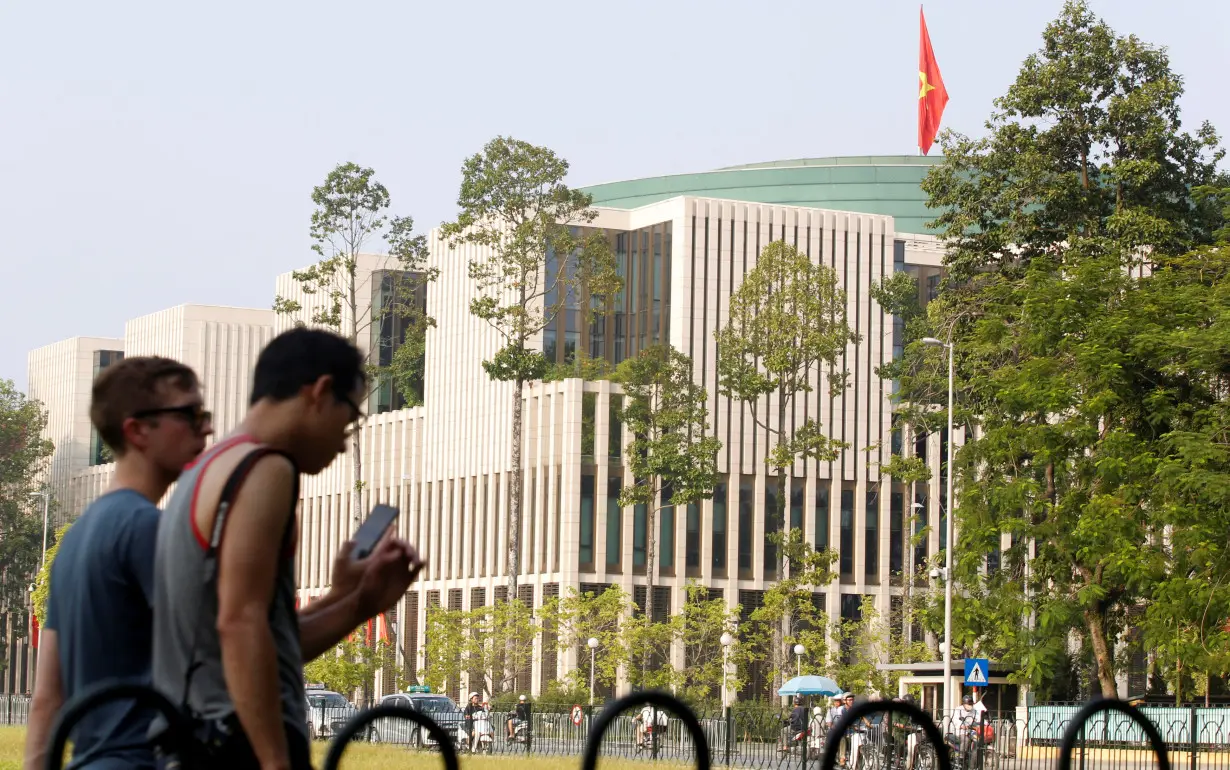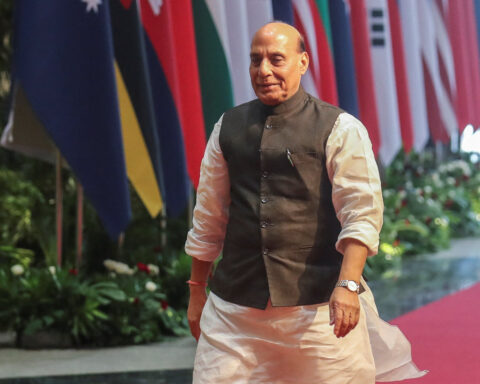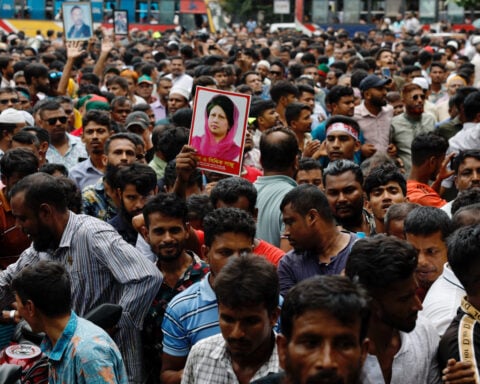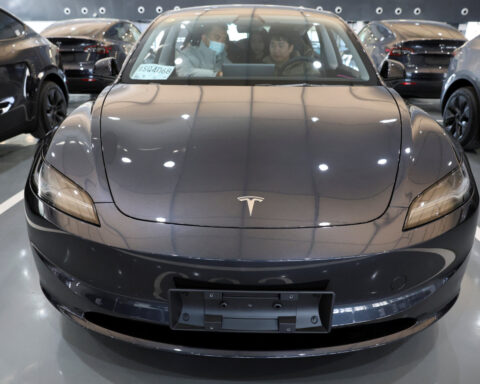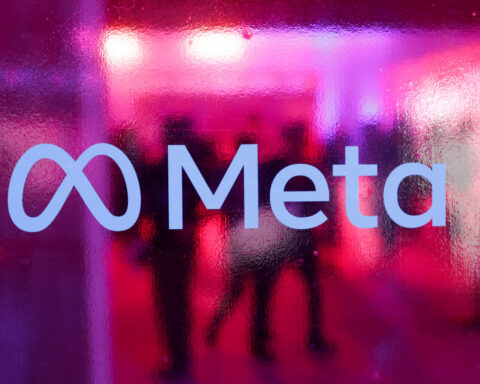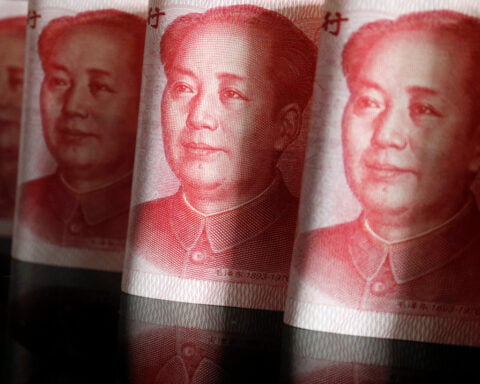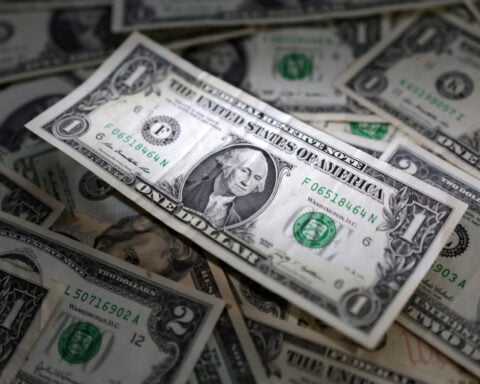HANOI (Reuters) - Vietnam's parliament is set to approve on Wednesday a top-up tax for multinationals, which will raise the effective rate of the corporate levy to 15% from January in line with a global agreement.
Vietnam had initially planned to combine the approval of the tax with measures to partly compensate large foreign investors affected by the higher levy, including South Korean electronics giant Samsung Electronics Co Ltd and U.S. chipmaker Intel Corp, but the separate resolution is not on the parliament's agenda.
In a sign of how controversial the new tax is, as it could reduce Vietnam's appeal among foreign companies if not matched with accompanying subsidies, the parliament had initially ruled out a vote in its current session, the last of the year.
But it has eventually added it back to its schedule, with the vote on the tax expected now at the last day of its month-long session.
It is unclear whether additional incentives for some foreign investors could be adopted in this session in separate legislation, without passing a specific resolution on that. The parliament could in any case adopt the incentives resolution in a later session.
Under the new rules being shepherded through by the Organisation for Economic Cooperation and Development (OECD), companies paying less than 15% in a low-tax jurisdiction will face a top-up levy either in that jurisdiction or in their home country from next year.
Vietnam's corporate income tax is already set at 20%, but the country has offered for years effective rates as low as 5% and lengthy zero-tax periods to large foreign investors.
With the new top-up tax, 122 foreign companies will face a steep increase in their tax costs in Vietnam, according to a document prepared by the Vietnamese government which estimated the additional intake for the state at 14.6 trillion dong ($601.05 million) a year.
(Reporting by Khanh Vu and Francesco Guarascio; Editing by Stephen Coates)

 Republican bill seeks to curtail US FTC's merger-busting powers
Republican bill seeks to curtail US FTC's merger-busting powers
 UnitedHealth investors await details behind 2025 outlook after exec's murder
UnitedHealth investors await details behind 2025 outlook after exec's murder
 Texas online porn age-verification law goes to US Supreme Court
Texas online porn age-verification law goes to US Supreme Court
 Former Georgian prime minister hospitalised after beating, blames government
Former Georgian prime minister hospitalised after beating, blames government
 Mussolini's honorary doctorate subject of Swiss university exhibition
Mussolini's honorary doctorate subject of Swiss university exhibition
 Italy's public debt tops 3 trillion euros, highest on record
Italy's public debt tops 3 trillion euros, highest on record
 Overtourism was the buzzword of 2024. This summer looks to be just as crowded and chaotic
Overtourism was the buzzword of 2024. This summer looks to be just as crowded and chaotic
 Spain sees further tourism growth after record 94 million visitors in 2024
Spain sees further tourism growth after record 94 million visitors in 2024
